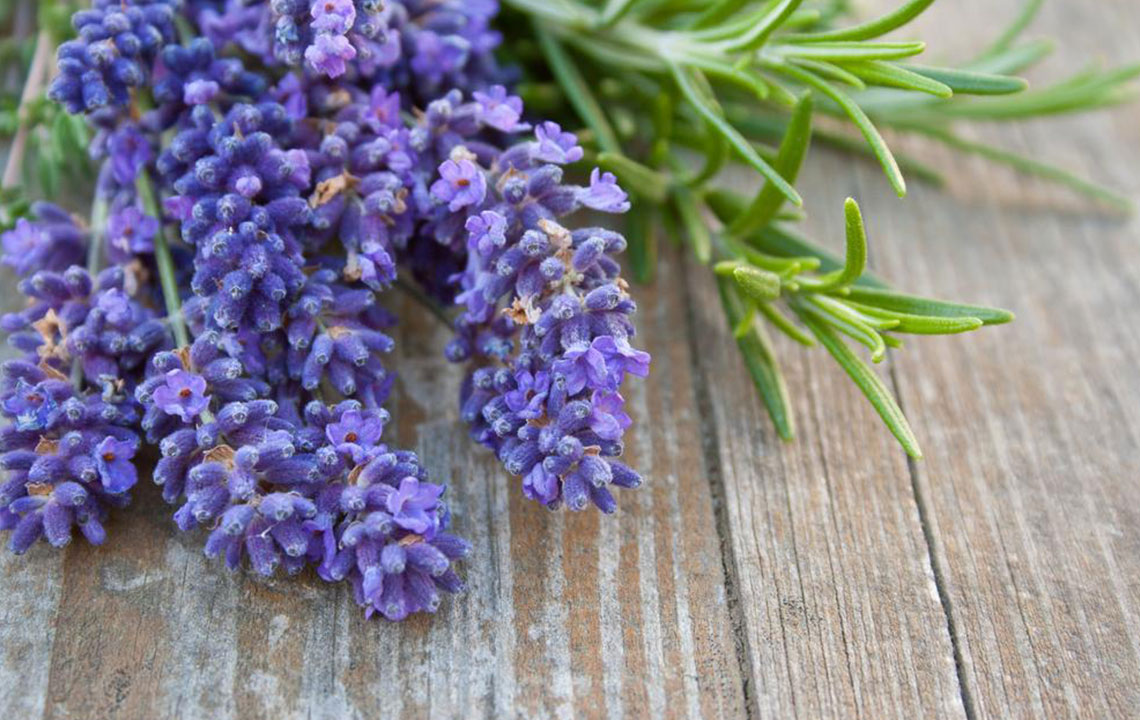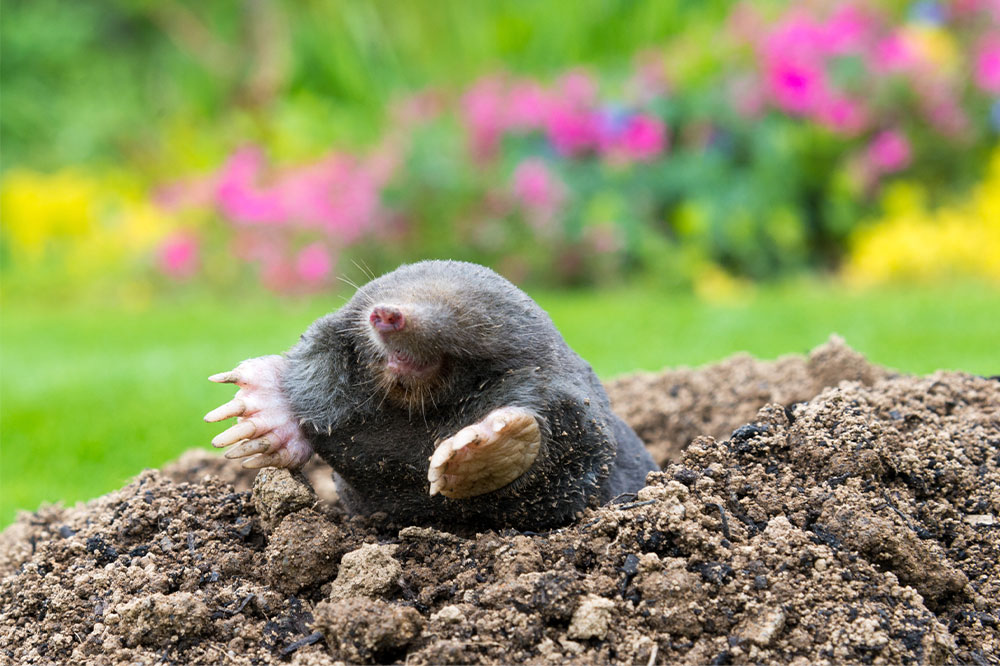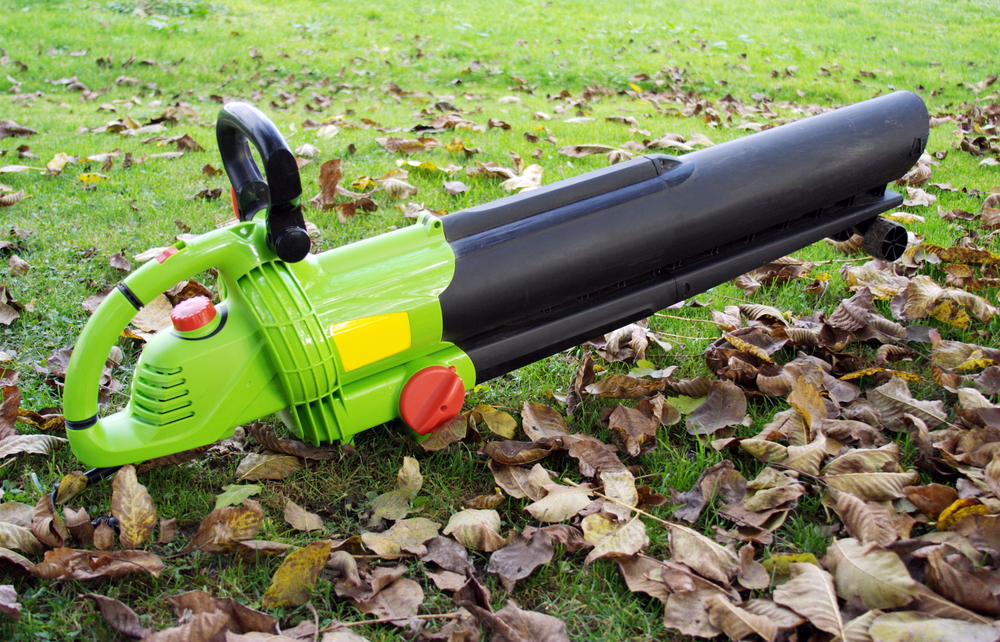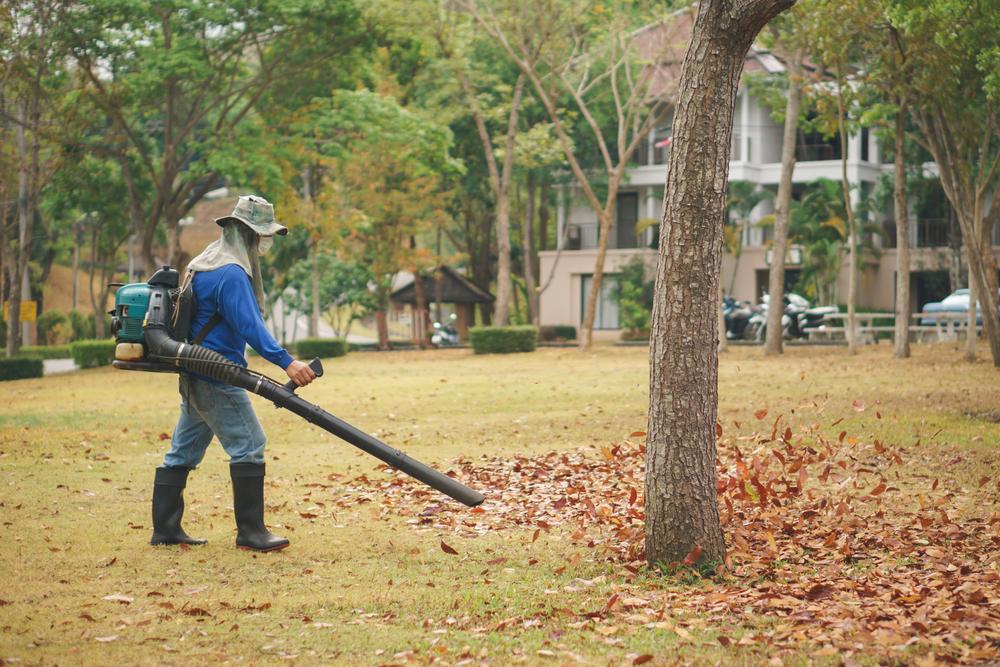Effective Strategies to Keep Your Yard Mosquito-Free
Discover proven techniques to eliminate mosquitoes from your yard and create a safe outdoor space. From removing standing water to planting mosquito-repelling herbs and using natural repellents, these tips can help you enjoy summer without the nuisance of biting insects. Proper maintenance and strategic treatments are essential for long-term control, protecting your family’s health and making outdoor activities more enjoyable.
Effective Strategies to Keep Your Yard Mosquito-Free
Summertime often brings an influx of flying insects, with mosquitoes being among the most troublesome. Beyond their buzzing annoyance and bites, they pose significant health risks by transmitting diseases like malaria, dengue, and West Nile Virus. Their rapid reproductive cycle, laying up to 500 eggs in just a few days, makes control challenging. Enjoy outdoor activities in sunny weather without the worry of itchy bites by adopting proven mosquito prevention methods in your yard and garden.
What Draws Mosquitoes?
Mosquitoes prefer dark, moist environments and become most active during dawn and dusk. Common breeding sites include containers holding stagnant water, tall grass, fallen leaves, hollow tree stumps, and overwatered lawns. Personal factors such as sweat and the carbon dioxide we exhale can also attract these pests.

Mosquito activity peaks during low light periods, making evening and early morning prime times for bites. To reduce their presence:
Eliminate Standing Water
Remove sources like birdbaths, kiddie pools, old tires, cans, and clogged gutters where water stagnates. Regularly empty, clean, and drain these areas to prevent mosquito breeding. Ensure your lawn has proper drainage, and protect outdoor furniture with taut covers, shaking off water that accumulates. Clear clutter in your yard, attic, shed, and garage to minimize potential breeding sites.
Apply Natural Essential Oils
Use diluted oils such as peppermint, lemongrass, or lavender in spray bottles to repel mosquitoes naturally. Their strong scent deters these insects and adds a pleasant aroma to your outdoor space.
Plant Mosquito-Repelling Herbs
Incorporate herbs like basil, garlic, lavender, peppermint, and rosemary into your garden to naturally ward off mosquitoes. These plants emit fragrances that mask human scent and create an inhospitable environment for pests. Consider native options like bee balm and American beautyberry for added benefits.
Maintain Gutters and Trash Bins
Regularly clean gutters, ditches, and remove debris that can trap water. Keep trash cans sealed and regularly disposed of. Manage compost piles by turning them frequently to reduce insect attraction caused by gases and moisture.
Use Fans
Oscillating fans create airflow that mosquitoes dislike, disrupting their flying ability. Installing fans on porches can be an effective, chemical-free control method.
Light Citronella Candles
Burn citronella candles outdoors to naturally repel mosquitoes with their scent. Place them on tables during evening gatherings for added protection.
Trim Vegetation
Keep lawns neat and shrubs pruned to reduce shaded resting areas. Mosquitoes prefer shady spots, so maintaining sunlight exposure discourages their presence.
Use Targeted Treatments
For severe infestations, consider professional or DIY spray treatments across your yard. Organic and pet-safe options are available, providing a non-toxic way to reduce mosquito populations. In extreme cases, consult pest control experts for comprehensive solutions.
Protect Indoor Spaces
Keep windows and doors closed during peak activity hours and repair damaged screens. Utilize indoor foggers or mosquito nets, particularly in bedrooms, to maintain a pest-free home environment.
Consistent yard maintenance and early intervention are key to controlling mosquito populations. These strategies help safeguard your health while allowing you to enjoy outdoor moments in comfort. When necessary, seek professional pest management for long-term relief.










